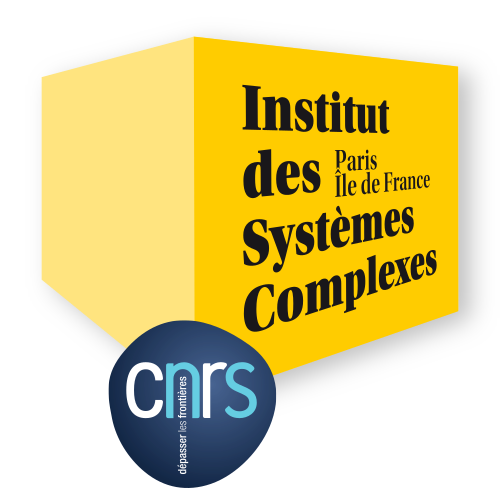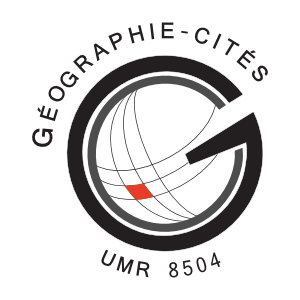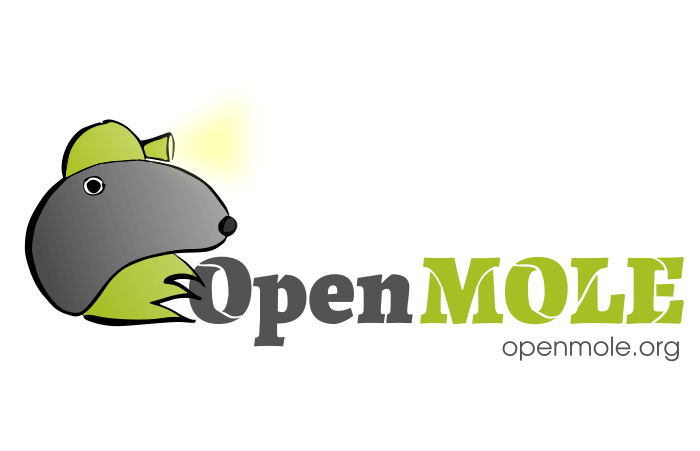About
Models and simulations
The use of simulation models has widely spread in recent years, in various fields of academic research. Models are being developed to represent and try to better understand all kinds of systems: population dynamics, epidemics, transportation systems, macro-scale systems, micro-scale systems, etc. In some scientific areas, models and in silico simulations have become essential to help study in vivo situations.
However, simulation models are necessarily a simplification of reality, and hypotheses have to be made when developing a model. Thus every model can (and needs to?) be questioned: Is it relevant to tackle the research question behind it? How to extract significant knowledge from the model? What kind of dynamics can it exhibit? How does each mechanism of the model impact those dynamics? Is every mechanism really necessary? These are just some of the many questions a model developer has to answer in order to really know and understand his/her model!
The eX Modelo school
During this workshop, after a general introduction on complex systems modelling and simulation, you will learn a step by step model exploration methodology, including state-of-the-art calibration, validation, optimisation and sensitivity analysis techniques. This school will be organized around a strong theoretical component and various practical sessions. You will be invited to apply those techniques as we go, on a case study model adapted just for you. An optional additional day will be open on Wednesday for you to to apply what you learned on your own model (if you have one, not mandatory at all!), with our technical support to integrate it into OpenMOLE.
All the techniques you will learn during the school will be implemented through the OpenMOLE platform, which has been developed as an open source software at the Complex Systems Institute in Paris since 2008.
The eX Modelo school is meant to be interdisciplinary, so whatever your field of study is, as long as there is some modelling or simulation involved, you belong in this school!
Programme (Provisional)
Monday |
||
| 9:30-12:30 | Opening course | Complex systems modelling and simulation |
| 12:30-14:00 | Lunch | |
| 14:00-17:00 | Getting started | Starting with OpenMOLE: model embedding and exploration |
Tuesday |
||
| 9:30-12:00 | Calibration & Optimisation | Sampling the input space using optimisation heuristics |
| 12:30-14:00 | Lunch | |
| 14:00-17:00 | Guided tour of OpenMOLE Methods | Get an overview of advanced OpenMOLE methods to evaluate your model |
Wednesday (Optional) |
||
| 9:30-17:00 | Work on your model | Open support session to integrate and explore your own model with OpenMOLE |
Trainers
-
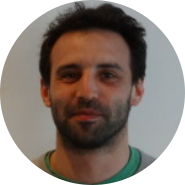
Romain Reuillon
UMR Géographie-cité (CNRS) / Institut des Systèmes Complexes (CNRS)
After my PhD, which focused on the distribution of stochastic simulation computation, I founded the OpenMOLE platform in 2008. Since then, I have orchestrated its development, participated in modelling work and supported researchers and doctoral students in their methodological questions on the evaluation of simulation models.
-
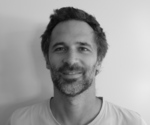
Mathieu Leclaire
Institut des Systèmes Complexes (CNRS)/UMR Géographie-cité (CNRS)
Arriving at the Institute of Complex Systems in 2008, I moved very early to the platform, whose development was only just beginning and which was not yet called OpenMOLE. Since then, I have been actively contributing to its development and to its community.
-

Paul Chapron @LASTIG
Univ Gustave Eiffel, IGN, ENSG - LASTIG
Sustainable development researcher at LASTIG laboratory, IGN. I started using OpenMOLE around 2013. My interests are in OpenMOLE-assisted modeling methodology, visualization of OpenMOLE methods results, vulgarisation and diffusion of model exploration
-
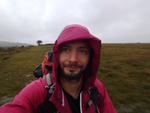
Juste Raimbault @LASTIG
Univ Gustave Eiffel, IGN, ENSG - LASTIG
Juste Raimbault is a Research Fellow at LaSTIG, IGN. His research interests include the modeling and simulation of complex urban systems, land-use transport interactions, agent-based modeling, artificial life, and bibliometrics. He is a contributor to the OpenMOLE platform for model exploration and validation, in particular for the development of new methods for the validation of spatial simulation models such as spatial sensitivity analysis.
-
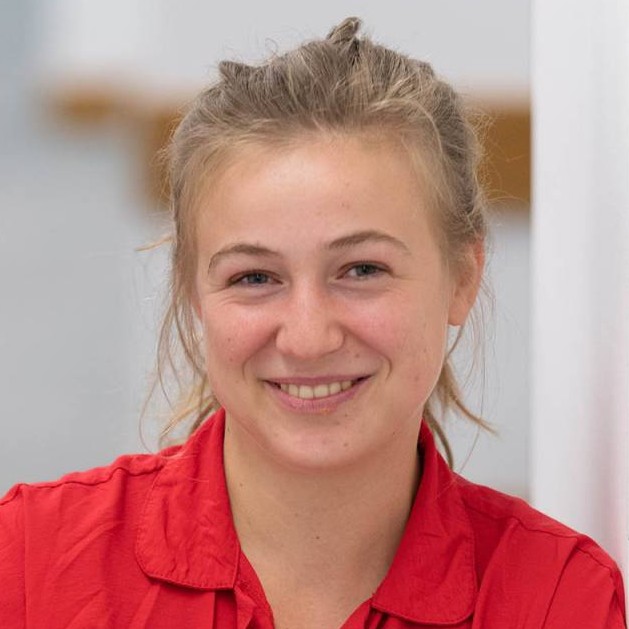
Cécile de Bézenac @TURING
The Alan Turing Institute
Doctoral student at the University of Leeds and the Alan Turing Institute in London. I discovered OpenMOLE at the eX Modelo summer school in 2021. My research interests include ABM model exploration and uncertainty quantification for spatial causal inference.
-
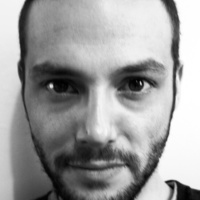
Julien Perret @LASTIG
Univ Gustave Eiffel, IGN, ENSG - LASTIG
Julien Perret is a Research Fellow at LaSTIG, IGN / University Gustave Eiffel / EIVP. His research interests include the modeling and simulation of complex urban systems, urban planning, land-use transport interactions, agent-based modeling. He is a contributor to the OpenMOLE platform for model exploration and validation.
Venue
Institut des Systèmes Complexes Paris Île-de-France, 113 rue Nationale, 75013 Paris, France
View Larger Map
By public transport: Line 6 "Nationale", line 14 "Olympiades", lines 5 or 7 "Place d'Italie".
Apply
The number of participants to the workshop being limited, we will ask everyone interested to fill in this short application form application.odt.
Application procedure
- Fill in the application form
- Prepare a short Resumé
- Send both documents by email to school AT exmodelo DOT org before the 4th October, 2024
Important dates
| Application deadline | 26th September 2025 | Acceptance notification | 15th October 2025 |
The participation to the workshop is free of charge, and a light catering will be provided for breaks but not for meals. Travel and accommodation will also not be covered, so you will have to fund and arrange your own travel options to Paris and accommodation. If you need any advice for booking travel and accommodation, please reach us at school AT exmodelo DOT org.
Contact
You can contact us via email at school AT exmodelo DOT org.
